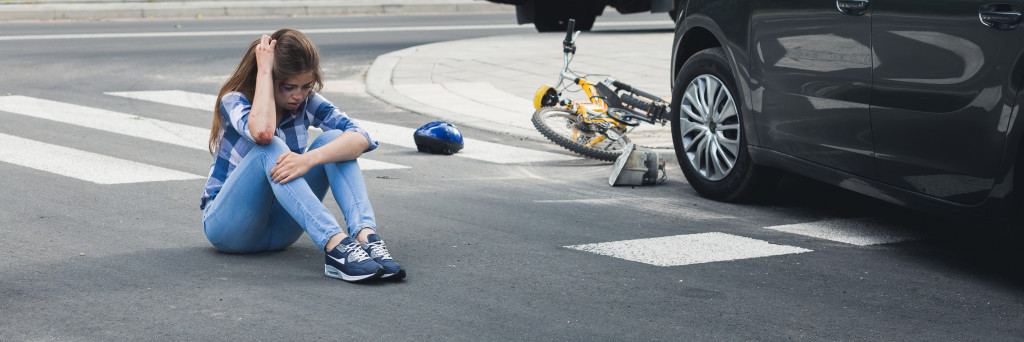Road accidents are all too common, and it’s likely that at some point in your life, you’ll encounter someone involved in one. While the priority in any accident should be the safety of those involved, there are some steps you can take to help any victims, both in the immediate aftermath and in the days and weeks that follow. Even though you are not a medical professional, your actions could make a big difference in someone’s life.
If you do come across an accident, here are some tips on how you can help:
In the Seconds Following an Accident
When you come across an accident, you should first check for any obvious dangers, such as a fuel leak or live power lines. If it’s safe to do so, approach the victim and ask if they’re okay. It’s important to stay calm and reassuring throughout. If the victim is unconscious or unresponsive, don’t move them unless necessary, as this could cause further injury. Instead, call for medical assistance and wait for help to arrive.
Sometimes, people involved in accidents will be in a state of shock. This can manifest itself in different ways, but some common signs to look out for include:
– Pale or sweaty skin
– Shallow breathing
– A sense of detachment
– Confusion
– Slurred speech
If you think someone is in shock, it’s essential to keep them warm and comfortable and to reassure them that help is on the way. It would be best if you also tried to keep them from moving around too much, as this could worsen their condition. If possible, give them a sweet drink to raise their blood sugar levels, but don’t give them anything to eat or drink if they’re unconscious.

Immediately After an Accident
Once any immediate dangers have been dealt with, and medical assistance has been called if necessary, one of the best things you can do is to try and get as much information about the accident as possible. This includes taking photos of the scene if possible and getting the contact details of any witnesses. Getting any other drivers’ insurance information involved in the accident is also essential.
If the police attend the scene, get their names and badge numbers so you can follow up with them later if needed. It’s also worth asking for a copy of the police report once it’s been filed.
All this information will be vital should you need to make a claim on your insurance or pursue legal action if you were also involved. You should also exchange contact information with the other driver involved in the accident, even if they weren’t at fault. This will make things easier if you need to contact them later.
This would also be an excellent time to find a lawyer specializing in the case. If a truck is involved, the situation can be more complex, so a truck accident injury lawyer should be consulted. These professionals will help get the compensation you deserve and ensure that the at-fault party is held accountable.
In the Days and Weeks Following an Accident
Once you’ve returned home from the scene of an accident, there are still some things you’ll need to do to protect your rights and interests. Firstly, it’s essential to contact your insurance company as soon as possible to let them know about what happened. Be sure to have all the information mentioned above ready when you make that call, as it will make filing a claim much easier—and quicker.
It’s also important not to sign anything—whether from your insurance company or the other driver’s—until the victim has had a chance to speak to a lawyer about the case. An experienced attorney can help understand what documents are being asked for and whether or not signing them is the right thing to do.
If the victim decides to pursue legal action, the lawyer can guide them through the process and ensure their rights are protected at every step. You should also keep track of any medical appointments they had and save all receipts related to the accident, as these will be important when it comes time to file a claim.
Road accidents are stressful situations, but knowing what to do in the aftermath can help minimize both the immediate and long-term effects of such an incident. Use this guide to navigate both the seconds following an accident and its aftermath so you can get back on track as soon as possible. Remember, helping a road accident victim starts with you. All you need is to stay calm and follow the steps. With the right information and support, you can make all the difference.

